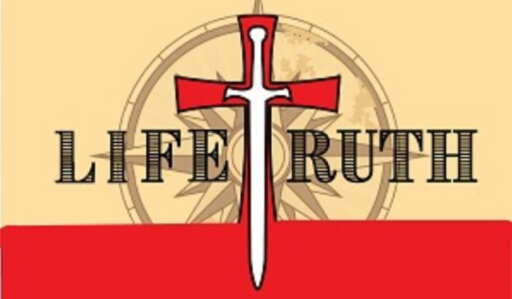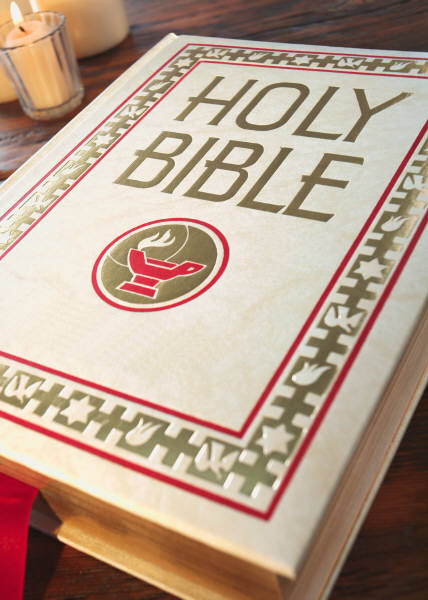Warning: This Re-Quest trip to the past includes Retrobots. They can be an acquired taste. If you love them and want to hear them more often, let us know. If you hate them and want us to keep them safely tucked away from humanity, tell us that too.
don’t worry, when it’s time to be serious, they disappear.

The Retrobots are involved in kicking off the show. Nathan is back, after taking time off for being sick.
In our meet the host segment, Nathan updates us on some podcast activity on his Protectors of the Book feed. Keith talks about differences in theology that many get caught up in, making things of secondary importance too high of a priority. Other life changes involve the indefinite stay of one of the grandkids living in Church House studio. There are also some updates from a recent guest host, and an unusual baptism story. Keith and Nathan discuss some recent episodes on the podcast.
We have a shortened dumb news segment so we can have more time for the main topic. News items include an arrested belcher, drivers with smoke screens, pigmy goat burglars, and a political coin toss.
Main Topic

Keith has a question on the understanding of the passage that teaches not to cast pearls before swine. If the idea is to proclaim the gospel to everyone, at what point do we determine it’s a worthless cause to keep witnessing to someone. How do you handle someone who responds by steamrolling you with dozens of challenges back at you?
Getting to our bible survey. Installment 11, Keith introduces the possibility of how we might hurt God. Is that even possible? Sin is certainly hurtful and offense e to him.
Keith reviews the previous points in the survey before Nathan reads the passage. Ezekiel 20:5–26
Summary, from Matthew Henry:
story of their rebellions in the wilderness

Comments from Keith’s notes on this passage:
Through the Old Testament, God has repeatedly spoken of the promises that he has in store. He has made covenants. He has made the conditions of these things known. Live as he intended us to live, practice morality, and honor him. The promises of God being spoken of are those that go back to Jacob. God’s promise was also to be delivered from Egypt, and back to the promised land that flowed with milk and honey. They were to be separate from the world, in that they were to worship God, not earthly things or people.
To live disobediently is to choose to cut ourselves off from God. It opens the door to misery and being oppressed by the powers of this world. Notice this list of abominations, or sins. Though the ten commandments list sins that affect both God and men, these are those that affect God directly.
They worshipped idols. A hunk of wood, stone, metal, or some material, that some person decides that it represents a god, or is somehow instilled with some supernatural power. We still have idols. We may not seriously believe they have a supernatural connection, but we still have them. Think of the manmade objects that fill our lives. The objects that we get pleasure from. Have you ever experienced a computer crash and lost all your data? “Oh no! All my documents, all my addresses, my whole life was in there!” I know. I’ve said it myself on a few crashes of my own.
Not those objects are either good or evil. It’s how we treat them, and how we use the resources that God gave us.
What was the purpose of the 10 plagues on Egypt? According to this passage, it was God’s wake up call to the Israelites to draw them away from the Egyptian gods they had been serving while enslaved in Egypt. It also made it clear to all the nations that the power of God was higher than any other.
The nation of Israel was still far from being the godly people that they needed to be. God stepped in to remove them when they didn’t deserve it. It was just as much to prove to the gentile nations that they belonged to a powerful God. The only true God.
It was while they wandered in the wilderness of sin, when God gave them his commandments. God spent time trying to establish his laws with them. He gave them the concept of the Sabbath at that time. A symbol for the people to observe that would be an easy demonstration that they understood and worshipped God. God’s laws were being rejected, even then. It caused the people to continue to wander in their sin.
God was determined to set up his promise with this people. If not because they deserved it, because it glorified him and would suit his purposes. The older generation clung to their ways. The people stayed in their wandering condition until their children grew up and showed they practiced obedience to God’s laws, and observed the Sabbath as a sign of that obedience.
Just as the older people, and their lifestyle had to die off, we can use that model in our lives. Our old ways may be strongly engrained. It’s time to recognize those areas as the dead wood that they are. Let those bad habits die off. Start new practices that are dedicated to honoring God. He wants the best for each of us. He wants us to prosper, and he wants us to let him be part of the things we do.

Podcast: Play in new window | Download (Duration: 1:13:48 — 67.6MB)
Subscribe: Apple Podcasts | Amazon Music | Blubrry | Podchaser | RSS | More

